Introduction to the Future of Transportation
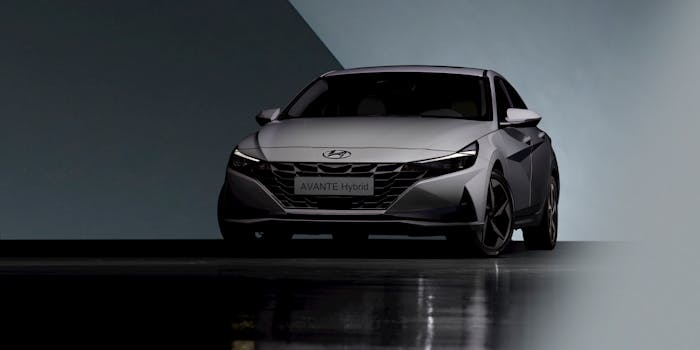
The transportation landscape is evolving rapidly, driven by innovative technology and growing infrastructure needs. As we step into 2025, the convergence of artificial intelligence, electrification, and automation is reshaping how we move around. From smart vehicles to improved public transit solutions, the upcoming tech gadgets promise to revolutionize our commuting experience.
Advanced Autonomous Vehicles
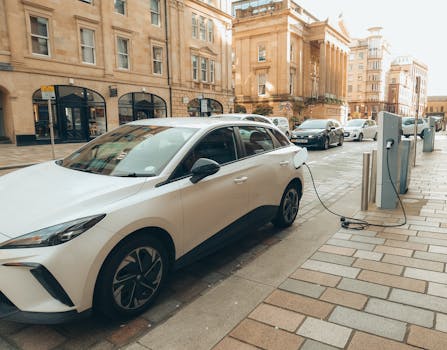
Imagine a world where you can sit back and relax as your vehicle drives you to your destination. By 2025, autonomous vehicles are expected to become mainstream. Major car manufacturers are investing in technologies that allow for fully self-driving cars, equipped with state-of-the-art sensors and AI capabilities.
These vehicles will not only reduce human error on the road but will also enhance traffic management by communicating with each other. For instance, systems powered by V2X (vehicle to everything) technology will lead to fewer accidents and more efficient routing.
Urban Air Mobility with Drones
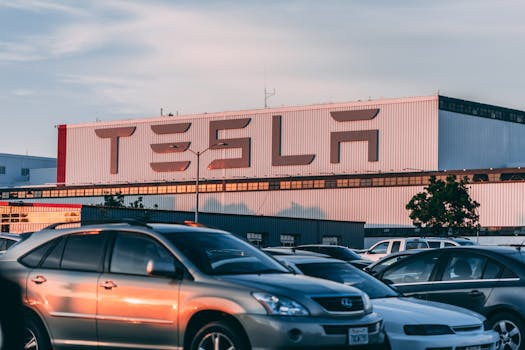
The rise of drones isn’t limited to delivery services; urban air mobility is an emerging segment set to thrive by 2025. With advances in drone technology, several companies are developing passenger drones that aim to alleviate traffic congestion in densely populated areas.
These drones will operate as air taxis, providing a swift alternative to traditional ground transport. Equipped with vertical take-off and landing (VTOL) capabilities, the future of urban mobility will see more standardized aerial traffic control and corporate investments skimming the clouds.
Sustainable and Smart Public Transit Solutions
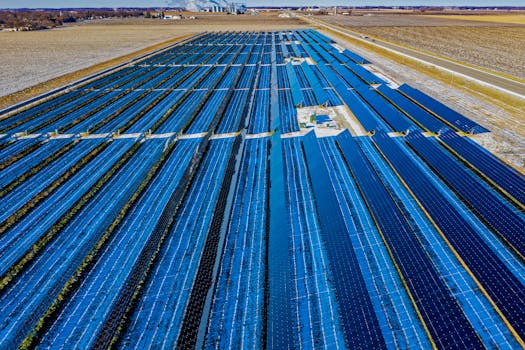
As cities and countries strive towards carbon neutrality, public transit solutions will take a sustainable turn by 2025. Electric buses, smart trails, and green transportation hubs will see booming installations. Integrated smart chip technology will enhance user experience by offering real-time schedule updates and fashioning multi-modal transport seamlessly.
Additionally, the incorporation of intelligent ticketing systems on mobile applications is likely to become ubiquitous. Commuters will appreciate tailored solutions making it more convenient to switch between various forms of transport and optimally plan their trips.
The Role of Wearables in Transportation
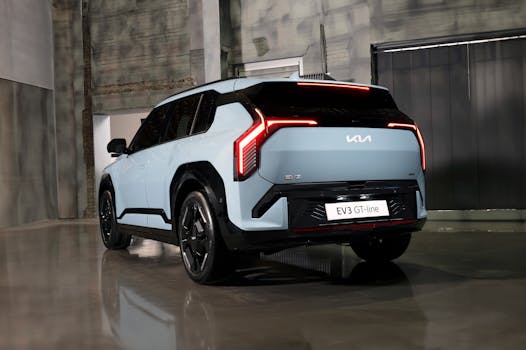
Wearable technology, already integral in our daily routines, will further infiltrate the transportation realm with health safety devices by 2025. Gadgets like smart helmets and fitness trackers will include navigational capabilities that coordinate travel logistics in ways spawn genres beyond novelty.
Thus, not only improving transport efficiency, but enhancing the personal safety and well-being of individuals on the road. Additionally, personal Moves and other tech systems promise to assist users with transport choices and health monitoring, aiming at ensuring safe migration from one segment to another with significance.

